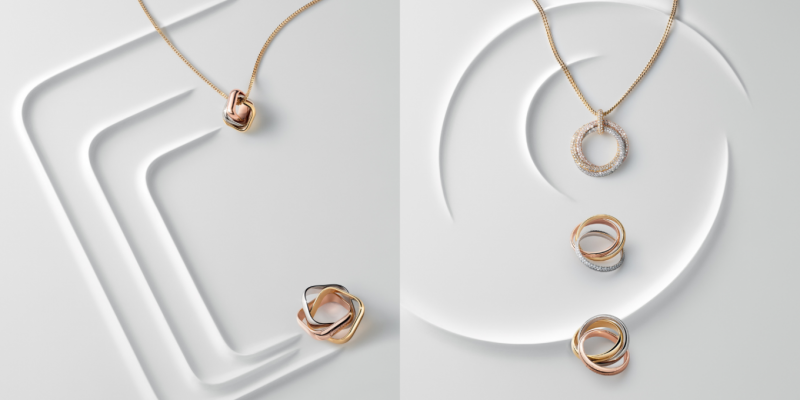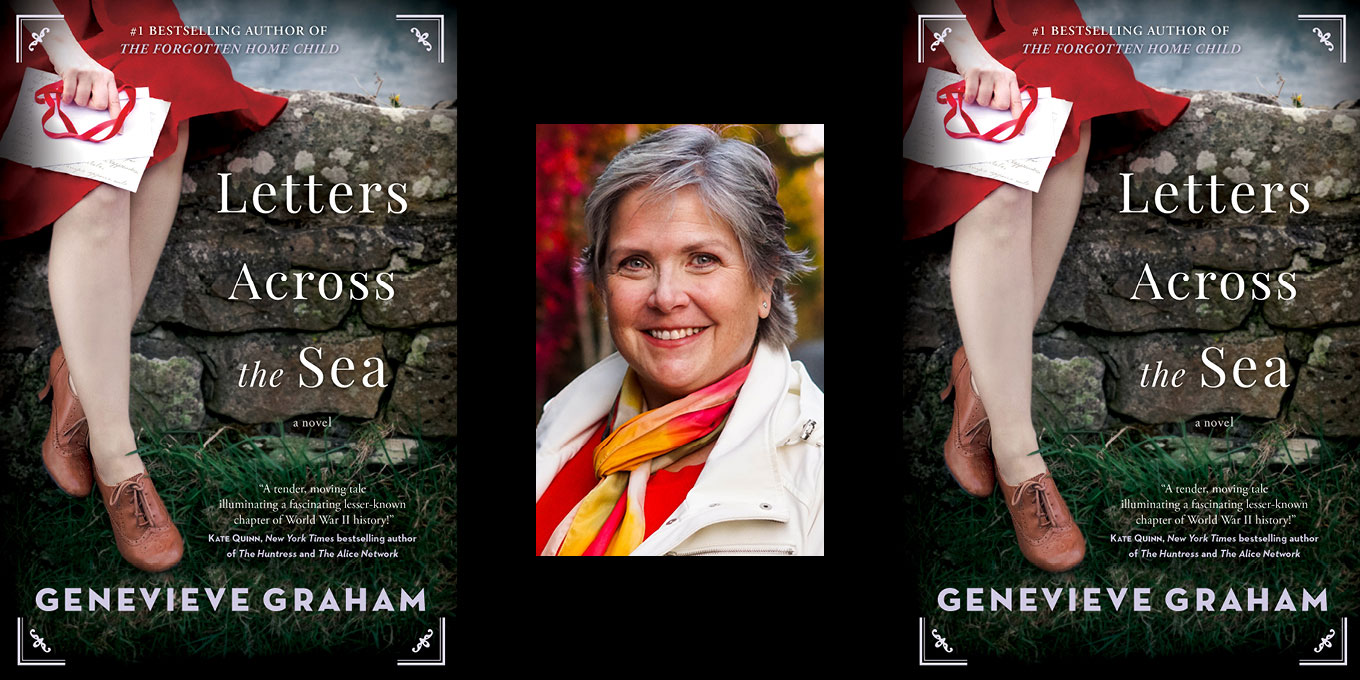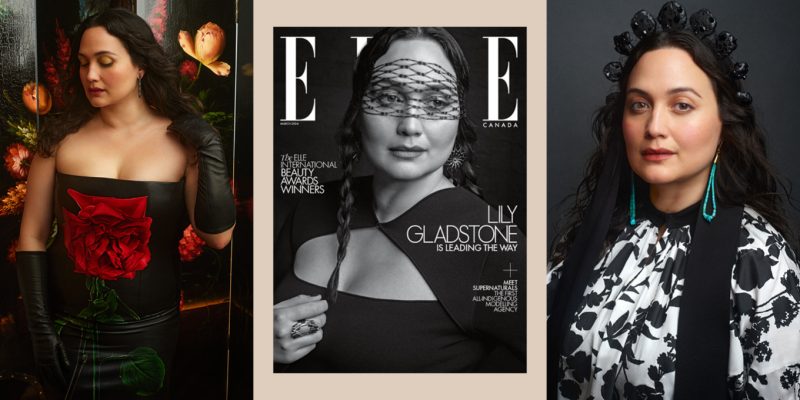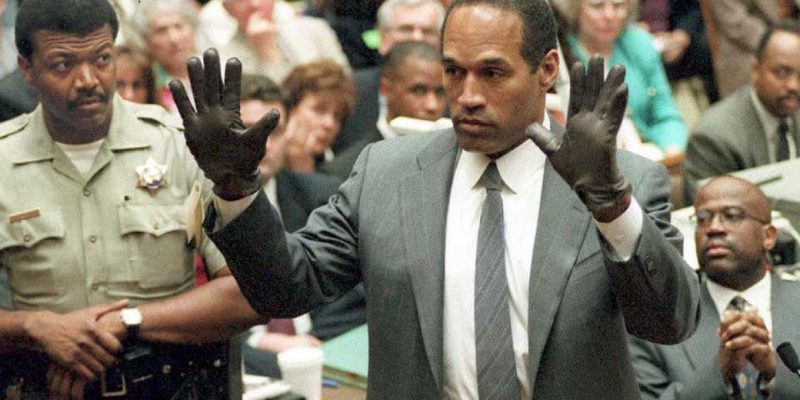Culture
From Toronto to Hong Kong: A WWII Love Story and Canada's Dark History
“Teaching the mind and touching the heart” with Canadian historical-fiction writer Genevieve Graham.
by : ELLE Canada- May 5th, 2021
Molly, a young woman in 1930s Toronto, is learning about the growing anti-Semitism in her city as she draws closer to Max, her childhood friend and neighbour (who also happens to be Jewish). But a local baseball game and the ensuing riot will change their relationship with each other and their families and cement their roles in the approaching world war: a young woman aspiring to be a journalist and a young man about to be shipped off to Hong Kong. Years later, their paths cross again and they’re forced to confront what happened in the city that claimed to be good.
We spoke to Genevieve Graham, author of Letters Across the Sea, about her love of Canadian historical fiction, the local history many of us are unaware of and why she’ll always include a love story in her books.
Where did you start with this story?
“I wanted to write about the largest ethnic riot in Canadian history, which was the Christie Pits riot, and once I had gone through learning all about that – and ‘Toronto the Good’ and its anti-Semitism – I realized that the story was not over. That led to me learning about what happened during the war with the men in C Force. In thinking about Max who is Jewish, I knew he was going to have to go to war, and I wanted to find a way to work him into a part of Canadian military history that I had never learned about before. I do like to write about Canadian military history because it’s not often talked about and we actually have some amazing stories. I wanted to write this time about the Pacific theatre, but that’s when I discovered the 1,985 men who had been sent over to Hong Kong on garrison duty. I had no idea what I was getting into with that because I had not realized about the battle of Hong Kong or the St. Stephan’s massacre or the POW camps where so many men suffered and died.”
Tell me a bit about the love story.
“In my books, there’s always going to be the essence of a love story, if not a fully formed one. I believe that having a love story is important for bringing emotion into the story, and the emotion is what will help people remember the actual history. As a historical-fiction author, I feel like I’m responsible for teaching the mind and touching the heart at the same time and working it all in together. So when there’s a love story – when there are people that you’re really aching for – it’s going to help you remember and be part of that history.”
There are a lot of parallels between this historical novel and what we’re currently experiencing. What are the threads that you really feel were present in the past and still are today?
“I think there was a big connection to censorship and the media – only letting some parts of the news in, and different media reporting different things. The Toronto Telegram denied some of the truths coming out of Germany in 1933, and because of that the anti-Semitism rose around the city. For me, censorship was a big part of all this. I want people to question what they’re reading and learn more than just what they read in the headlines.”
Pick up Letters Across the Sea for a love story set against the backdrop of World War II.
Newsletter
Join our mailing list for the latest and biggest in fashion trends, beauty, culture and celebrity.
Read Next

Fashion
Cartier Celebrates 100 Years of the Trinity Ring
What better way to celebrate an anniversary than with a new collection?
by : Allie Turner- Apr 19th, 2024

Culture
How to Spend 48 Hours in Mexico City
Where to discover the hidden gems—markets, mezcal, modern art—of the Central American capital.
by : Jennifer Nguyen- Apr 18th, 2024

Culture
ELLE Escapes: Savannah
Where to go, stay, eat and drink in “the Hostess City of the South.”
by : ELLE- Apr 15th, 2024






